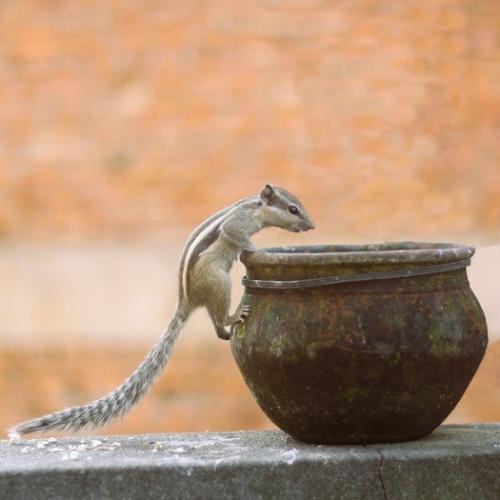Being curious - Primary students is part of our Mathematical mindsets - Primary students collection.
Good thinkers are curious and ask good questions. They are excited by new ideas and are keen to explore and investigate them.
Want to become a more curious mathematician?
These problems will exploit your natural curiosity and encourage you to ask good mathematical questions.
Image

Year 1 Being curious
Age: 5 - 7
Image

Year 2 Being curious
Age: 5 - 7
Image

Year 3 Being curious
Age: 7-11
Image

Year 4 Being curious
Age: 7-11
Image

Year 5 Being curious
Age: 7-11
Image

Year 6 Being curious
Age: 7-11
